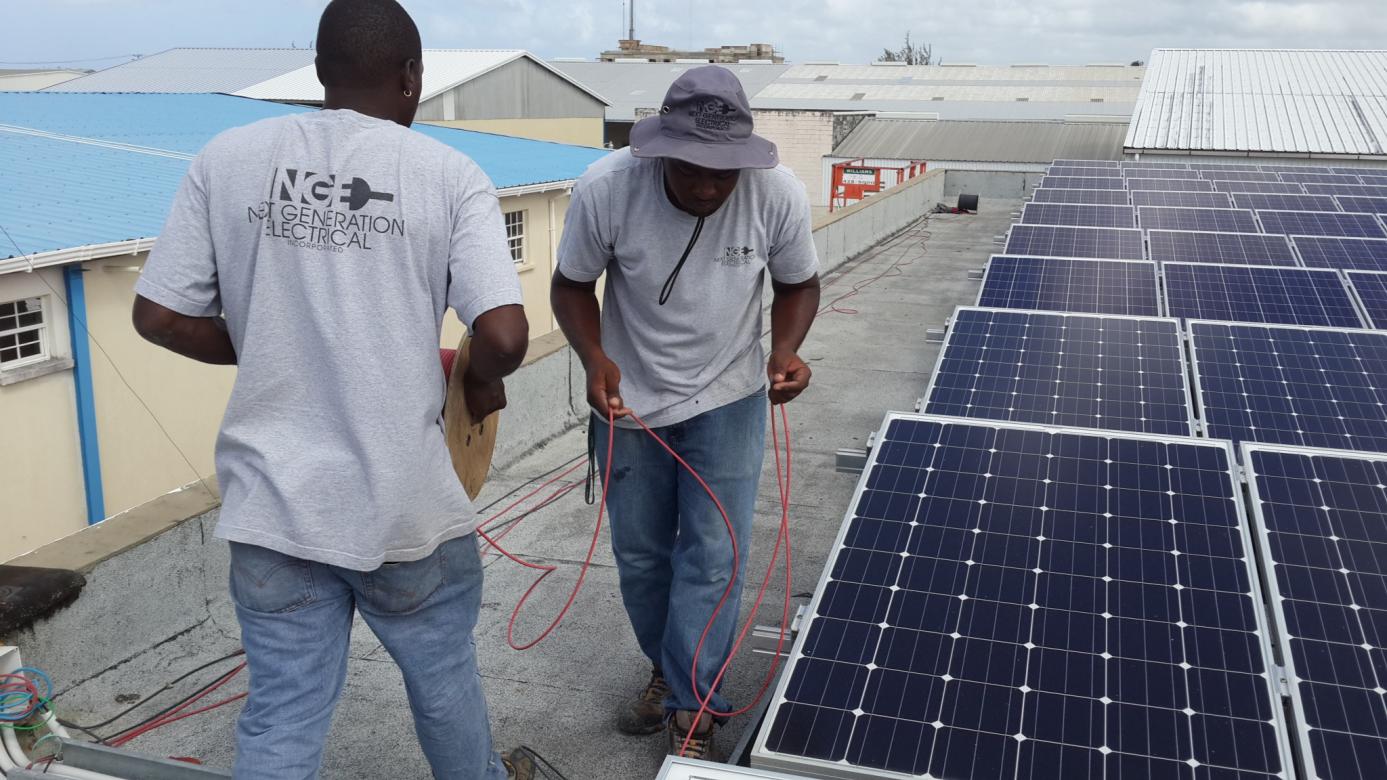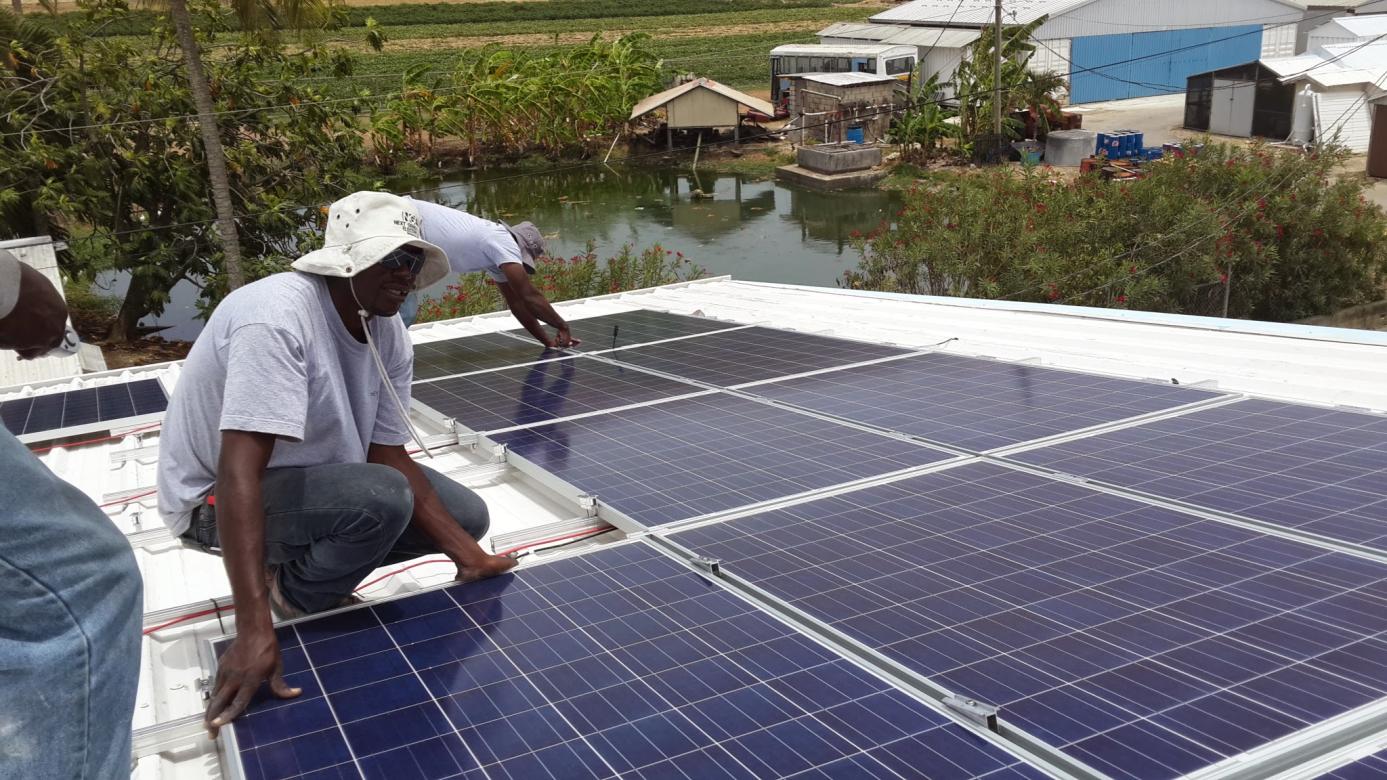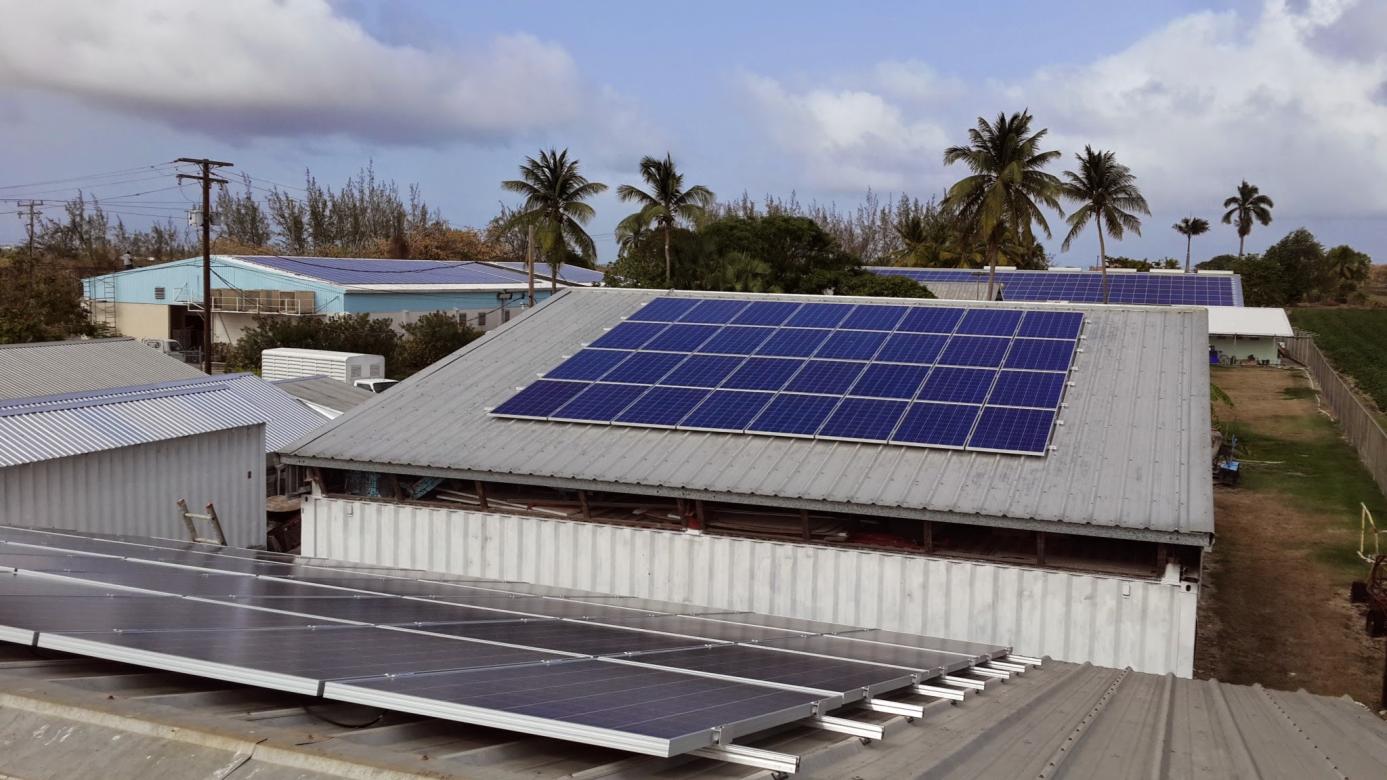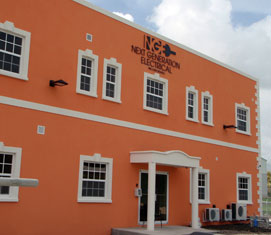Hurricane Preparedness for your Photovoltaic Panels
Hurricane Preparedness for your Photovoltaic Panels
Once again, the hurricane season is upon us and our thoughts go to the usual preparations – our hurricane kit, first aid kit, checking our insurance policies, making a family emergency plan, stocking up on food and water for at least 3 days, and securing your property. As far as your personal electronics go, you’ll remember that you must charge up the devices and all emergency battery packs. If you have an emergency generator, you’ll want to ensure that you have a protected stockpile of the correct fuel for your genset and that all your connections to your power are safe and secure coming into your home/business. (Side note: remember not to operate your generator in an enclosed space that you’re living in. The exhaust gases are extremely hazardous to your health!)
Once you’ve done the obvious, you’ll remember that investment you made in renewable energy – your photovoltaic (PV) panels. Your first step in being prepared would’ve been to have them professionally installed by a recognized trained installer who will have ensured to use the appropriate solar racking for your application. High quality PV racking systems are engineered to ensure the integrity of the installation, protecting against the “uplift” caused by high winds getting into the small space between your panels and your roof.
Protecting your home’s integrity is one of the chief reasons we recommend that you have your roof evaluated by a qualified structural engineer, and to affect any repairs necessary, prior to any installation. This will minimise the need to undertake repairs over the life of the PV system.
High quality solar panels themselves are built to withstand the high winds, rain and impacts associated with tropical storms and generally up to Category 2 hurricanes. What you will not want to do is to try to remove the panels yourself or to cover the panels with anything to protect them. To protect your investment financially, you should ensure that your homeowner’s perils policy covers your PV installation for all risks and the replacement value is adequate. One last thing, solar panels typically are grid tied and feed back to the utility company. Unless you have a battery back-up system, you will not get power from your solar system when the grid power is down. Be prepared and be safe!




